On Friday, Robert F. Kennedy Jr. officially withdrew from the presidential race, endorsing Donald Trump instead. He praised Trump as a proponent of free speech.
However, by Monday, Trump had shifted his stance, promising to dismantle First Amendment protections if he is re-elected in November, which marked a rapid departure from his initial advocacy.
Trump Proposes Jail Time for Flag Burners
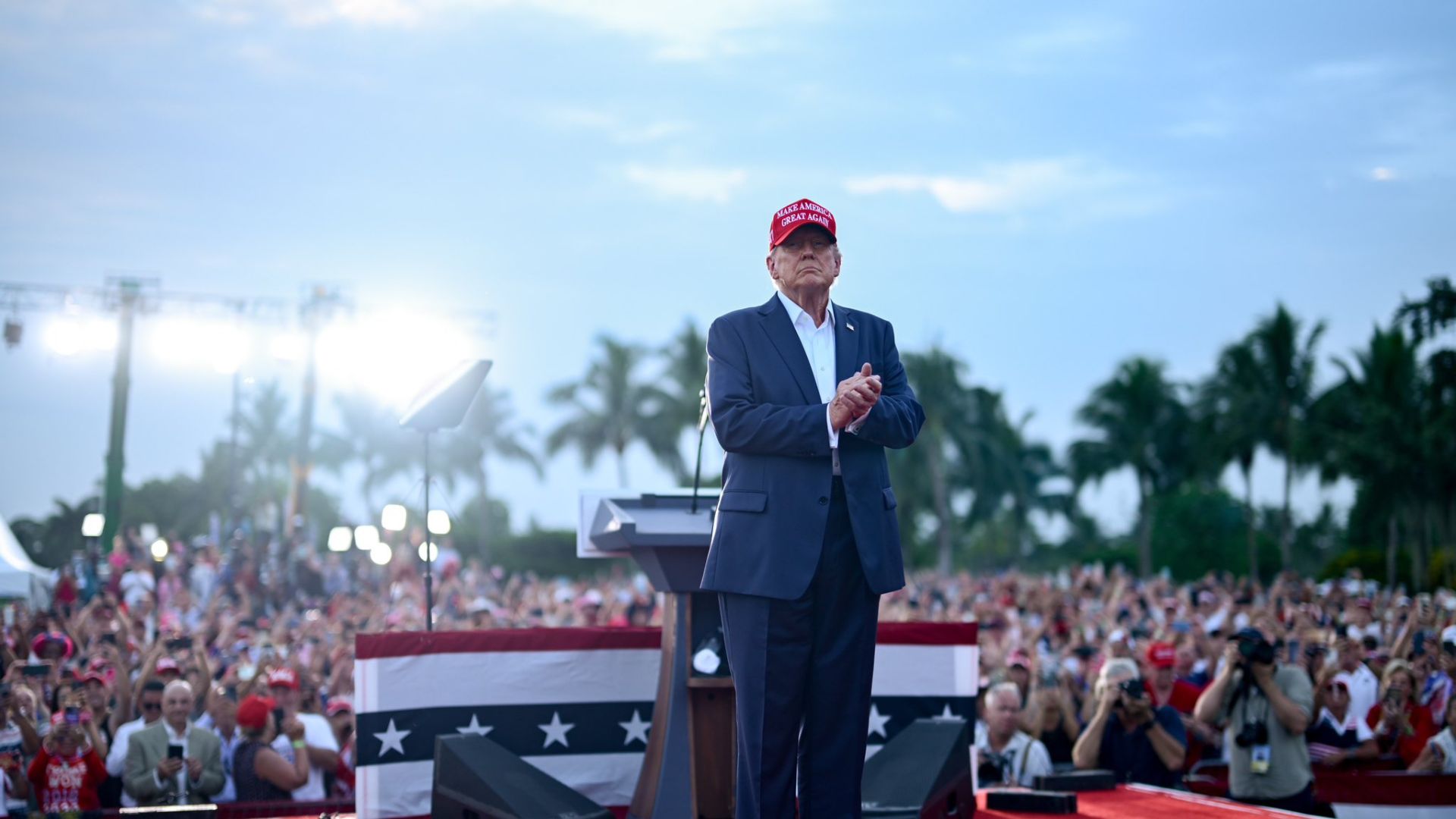
Donald Trump voiced his frustration on Monday about the resistance he faced regarding his proposal to incarcerate individuals for a year if they burn the American flag.
Trump said, “I wanna get a law passed […] You burn an American flag, you go to jail for one year. Gotta do it – you gotta do it.”
Trump’s Reaction to Constitutional Concerns
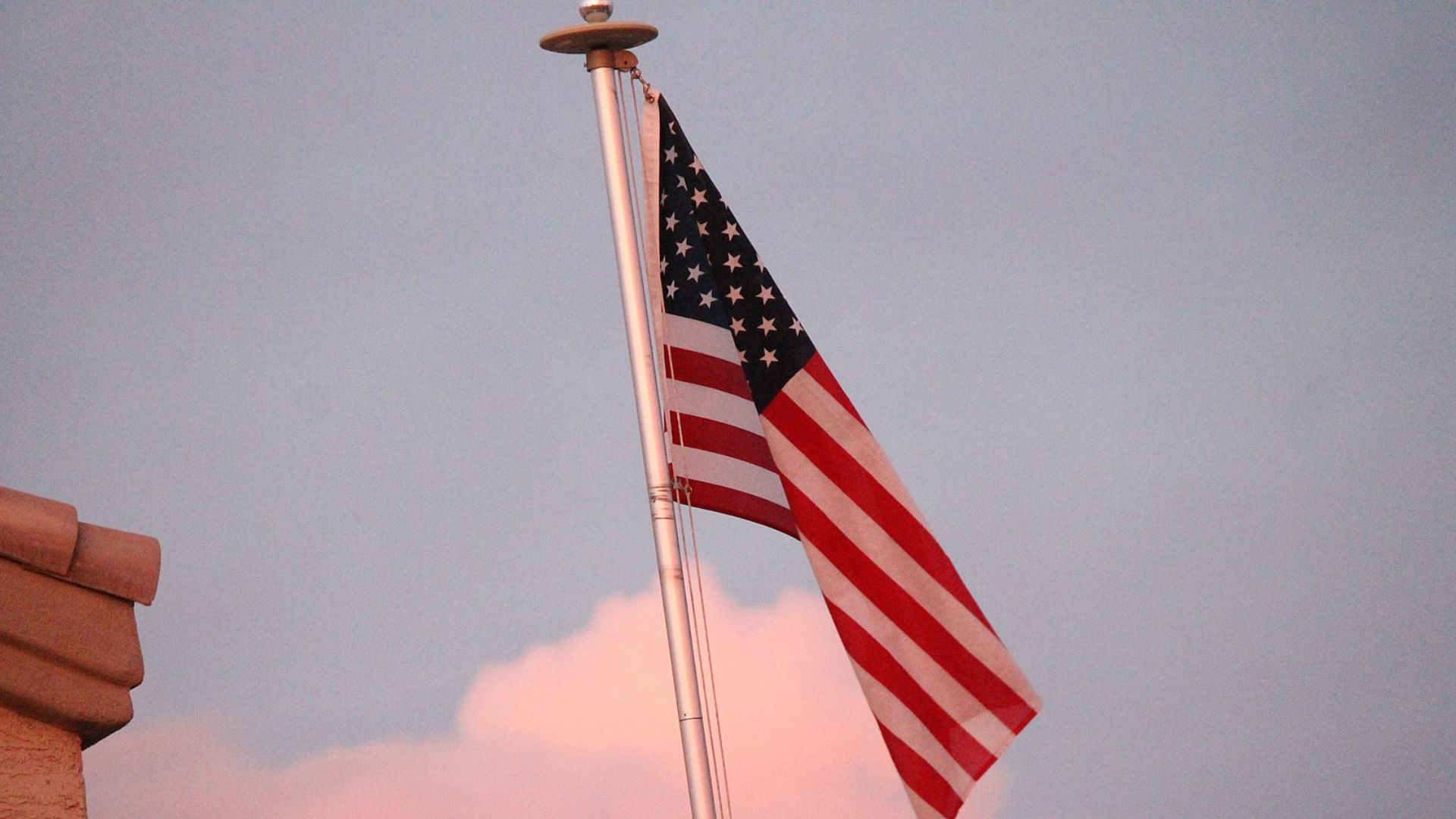
Responding to criticism that his flag burning penalty was unconstitutional, Trump said, “They say, ‘Sir, that’s unconstitutional.’ We’ll make it constitutional.”
This comment reflects his willingness to challenge and possibly alter established constitutional interpretations to implement his policies.
Supreme Court Ruling on Flag Burning
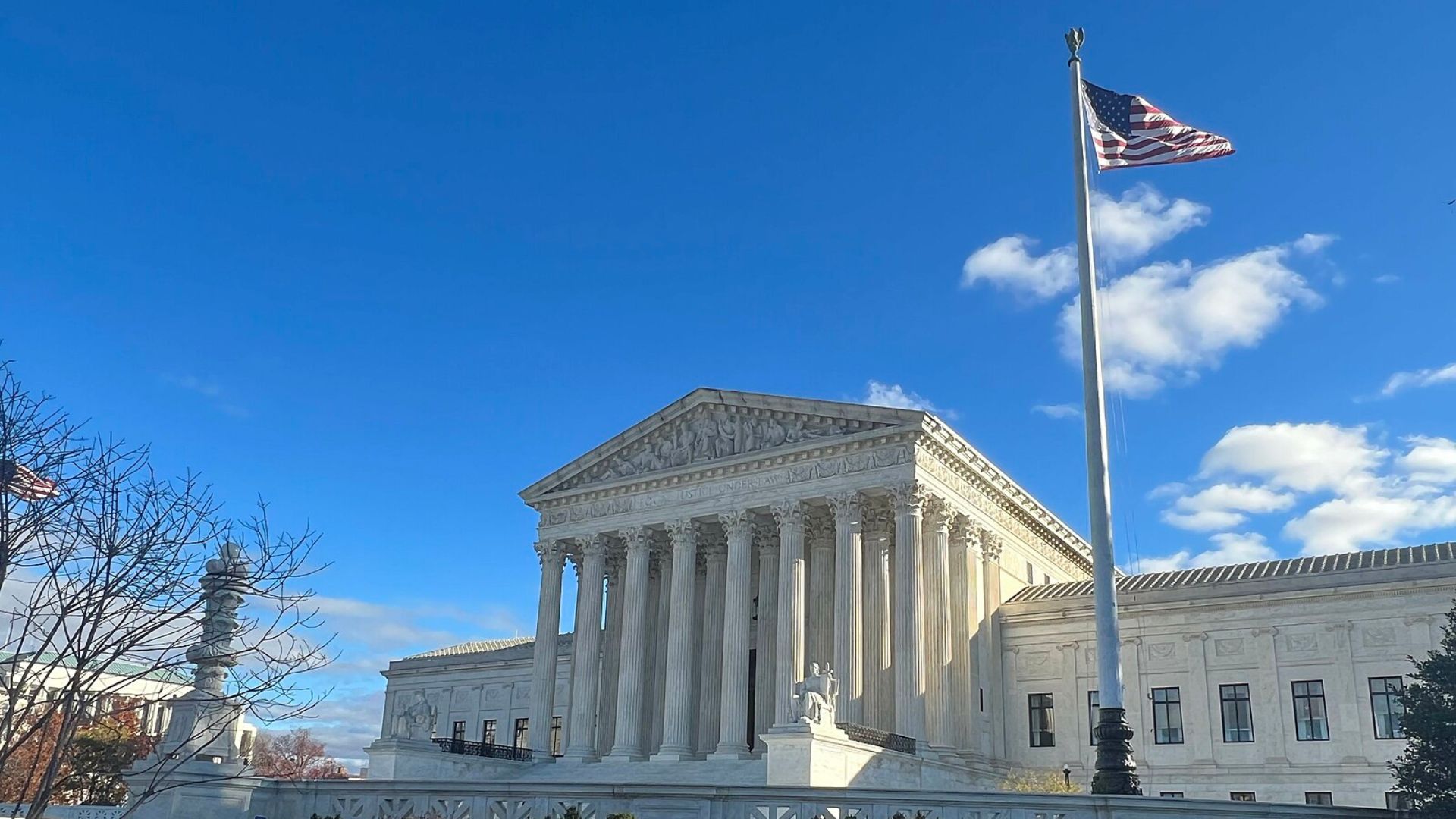
The discussion around flag burning and the First Amendment references the 1989 Supreme Court decision in Texas v. Johnson.
It states, “If there is a bedrock principle underlying the First Amendment, it is that the government may not prohibit the expression of an idea simply because society finds the idea itself offensive or disagreeable.”
Kennedy Discusses Censorship Issues
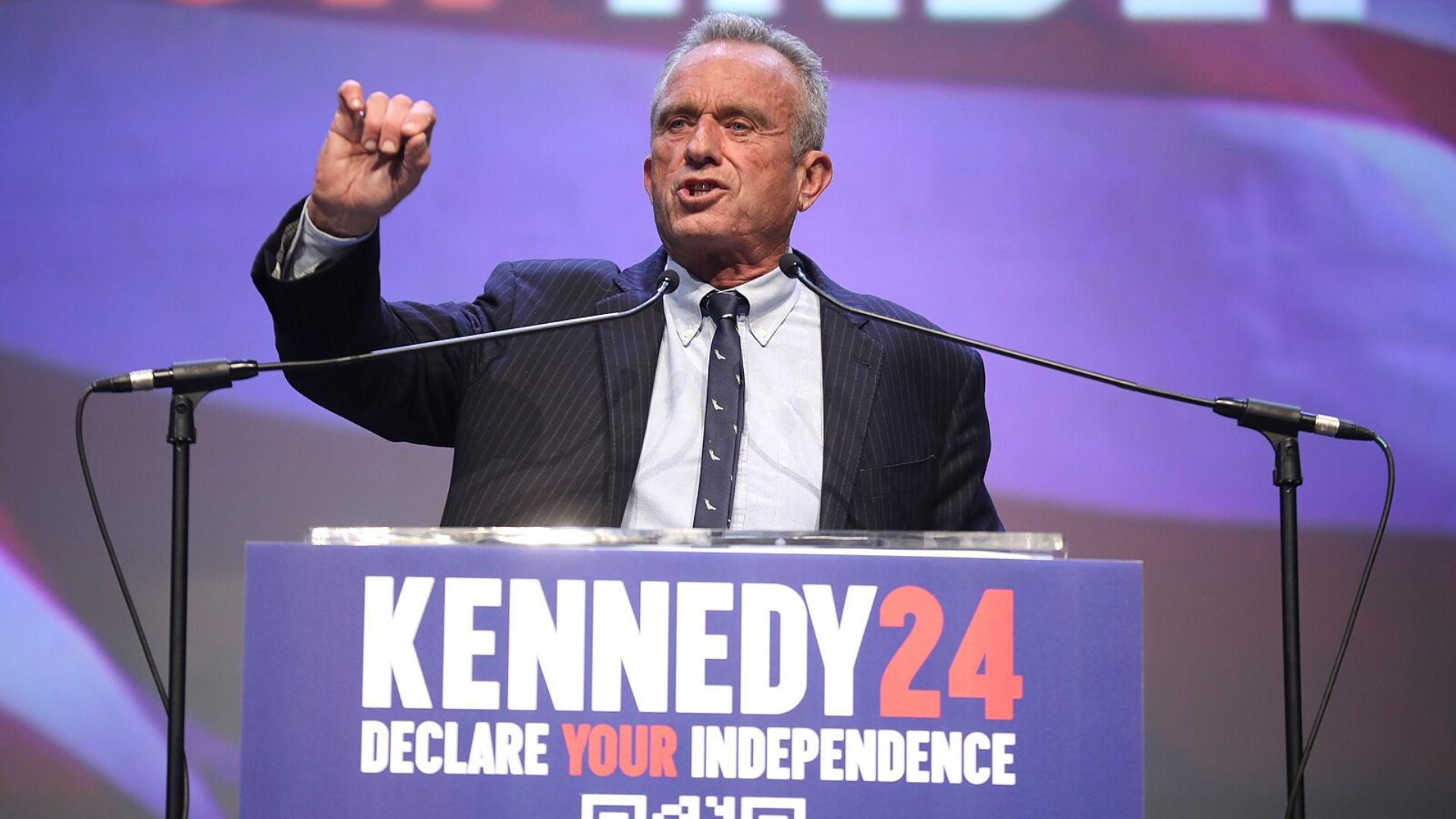
RFK Jr. has repeatedly expressed his belief that his political voice was suppressed during his campaign, attributing his unsuccessful presidential bid to “16 months of censorship, of not being able to get on any network really except for Fox.”
This situation significantly impacted his visibility and campaign effectiveness.
Kennedy’s Critique of the Democratic Party
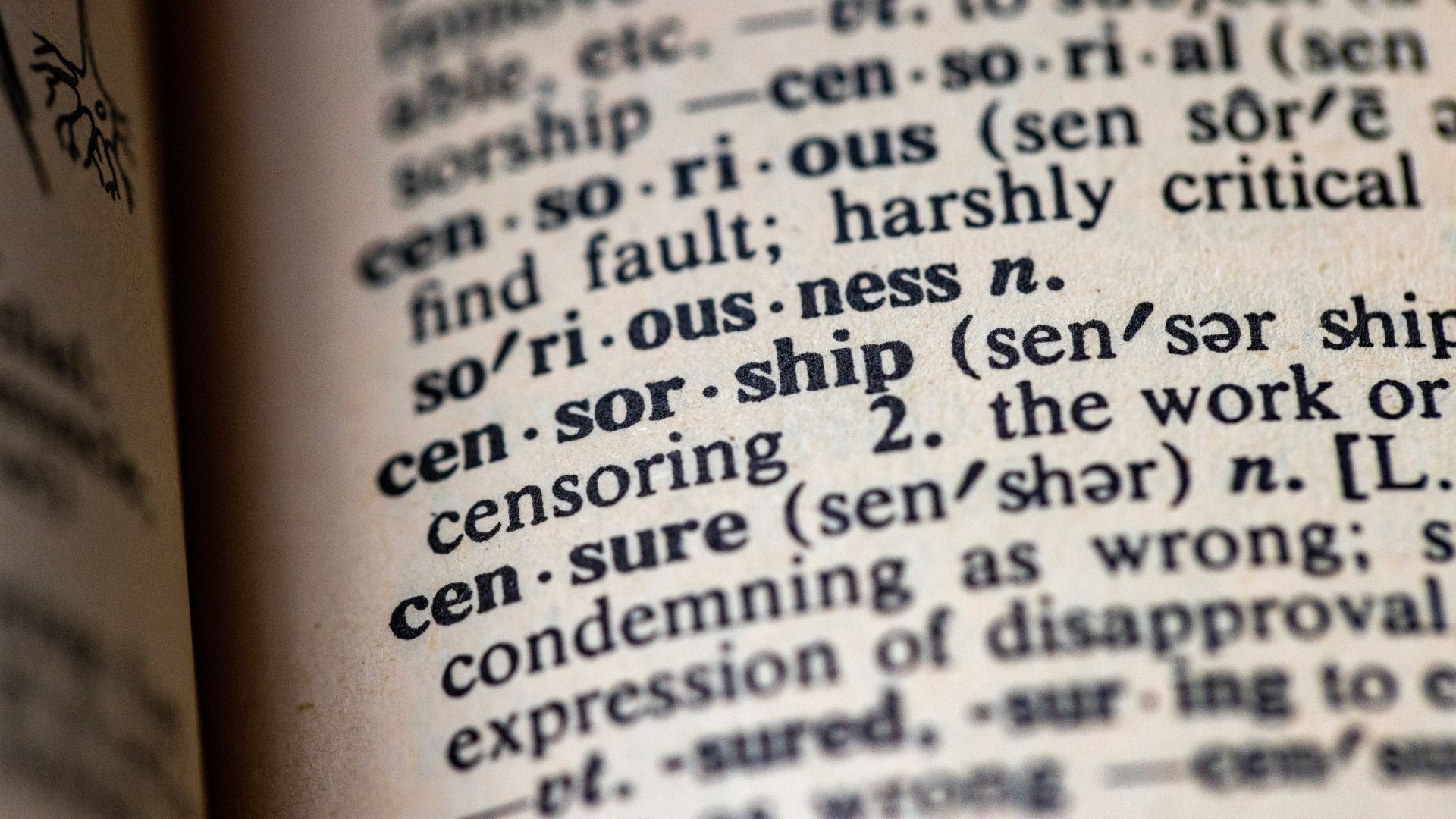
Kennedy accused the Democratic Party of being overly involved in “war, censorship, corruption, Big Pharma, Big Tech, big money.”
He cited these reasons as his motivation for leaving the party to run as an independent before eventually endorsing Trump, who he felt shared his views on crucial issues.
Discussion of a Unity Government
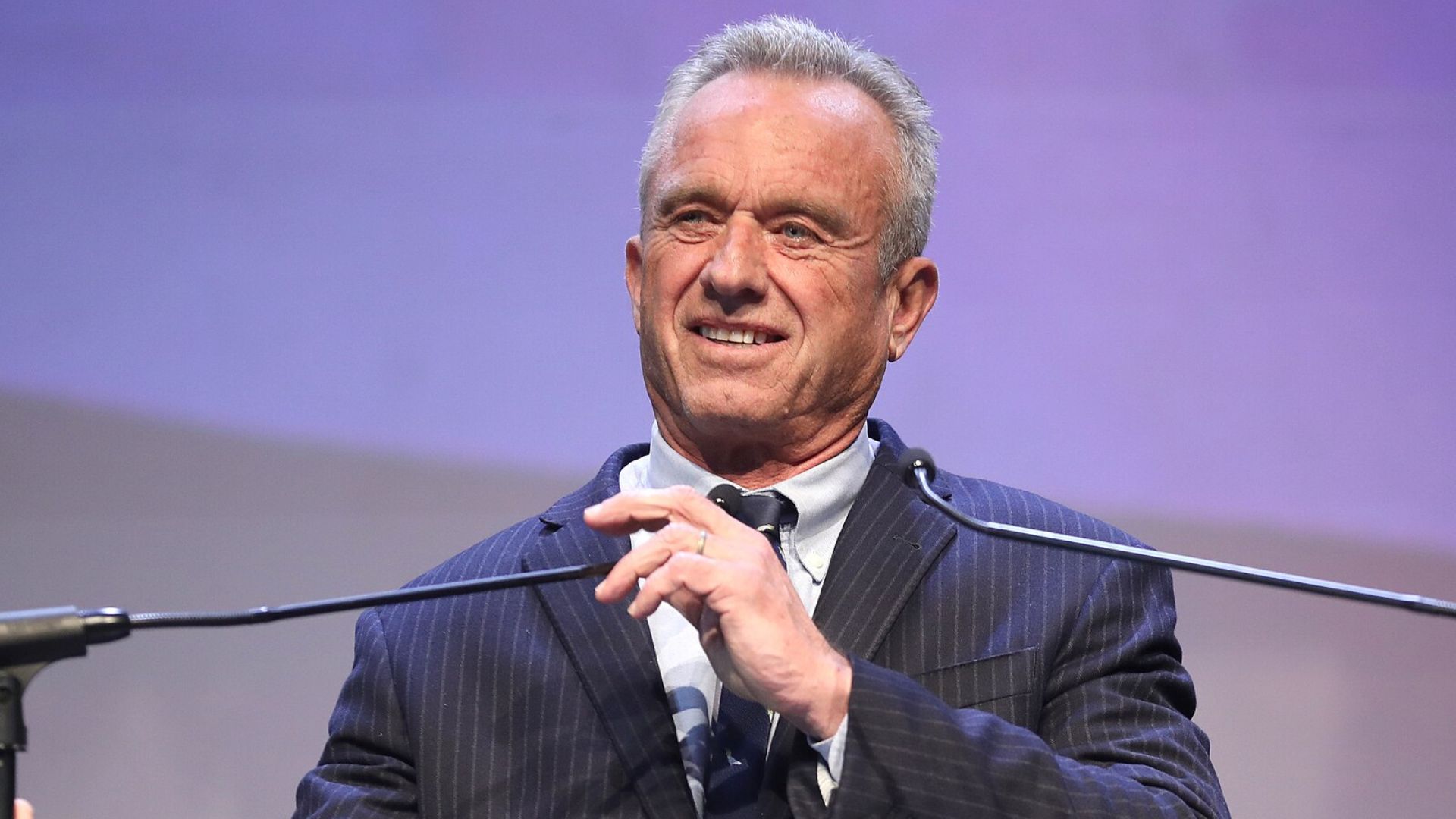
Kennedy shared that Trump had proposed the idea of forming a “unity government,” which would allow them to continue their criticisms of each other on disagreeing issues.
Kennedy said, “He invited me to form a unity government. We agreed that we’d be able to continue to criticize each other on the issues where we don’t agree.”
Kennedy’s Potential Role in Trump Administration
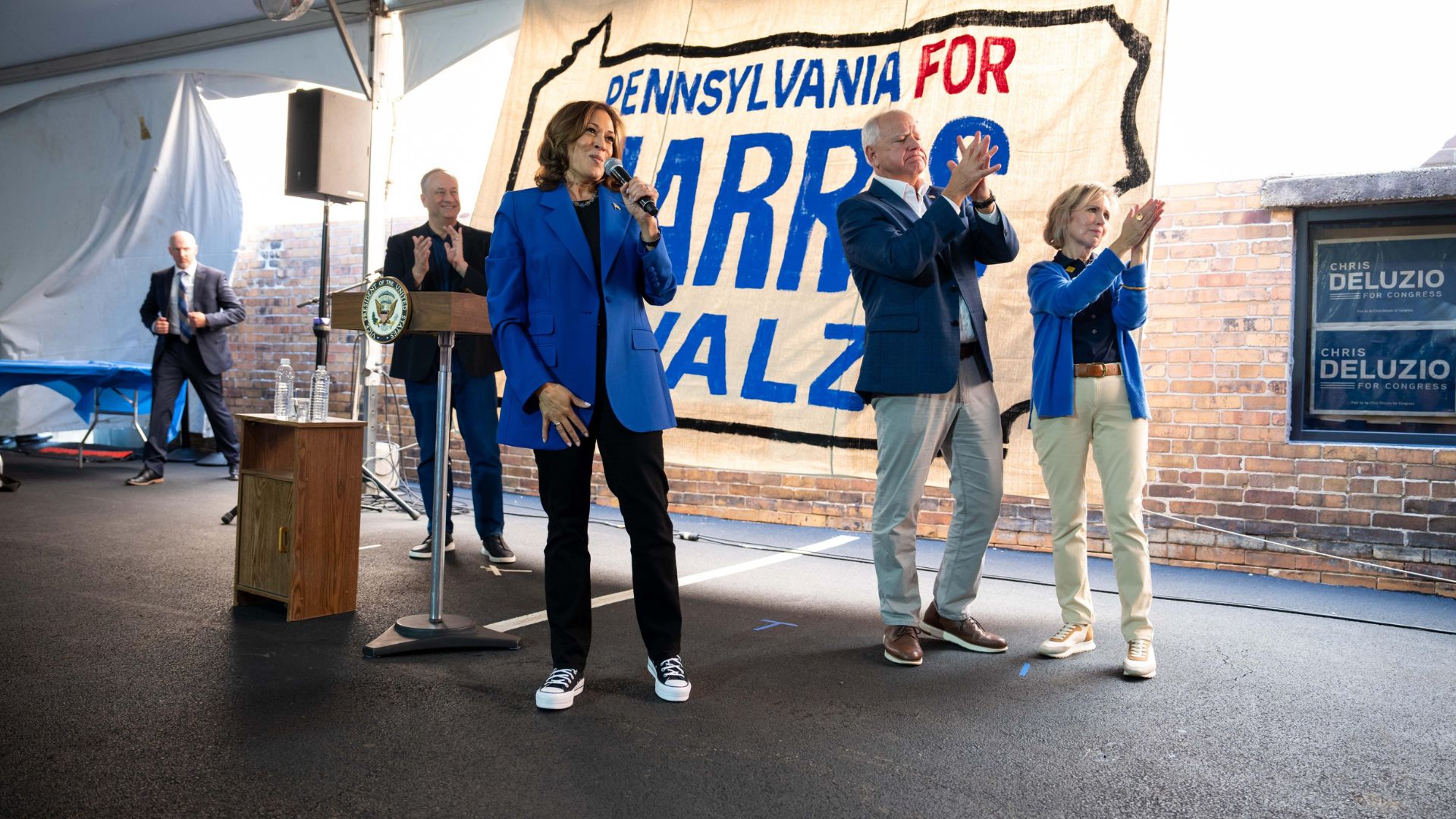
Earlier this month, reports indicated that Kennedy’s team attempted to arrange meetings with Vice President Kamala Harris’ campaign to discuss a potential role for him should she win.
However, those efforts were unsuccessful, and Kennedy had more success discussing potential roles with Trump’s campaign during the Republican National Convention.
Health Sector Role for Kennedy Suggested
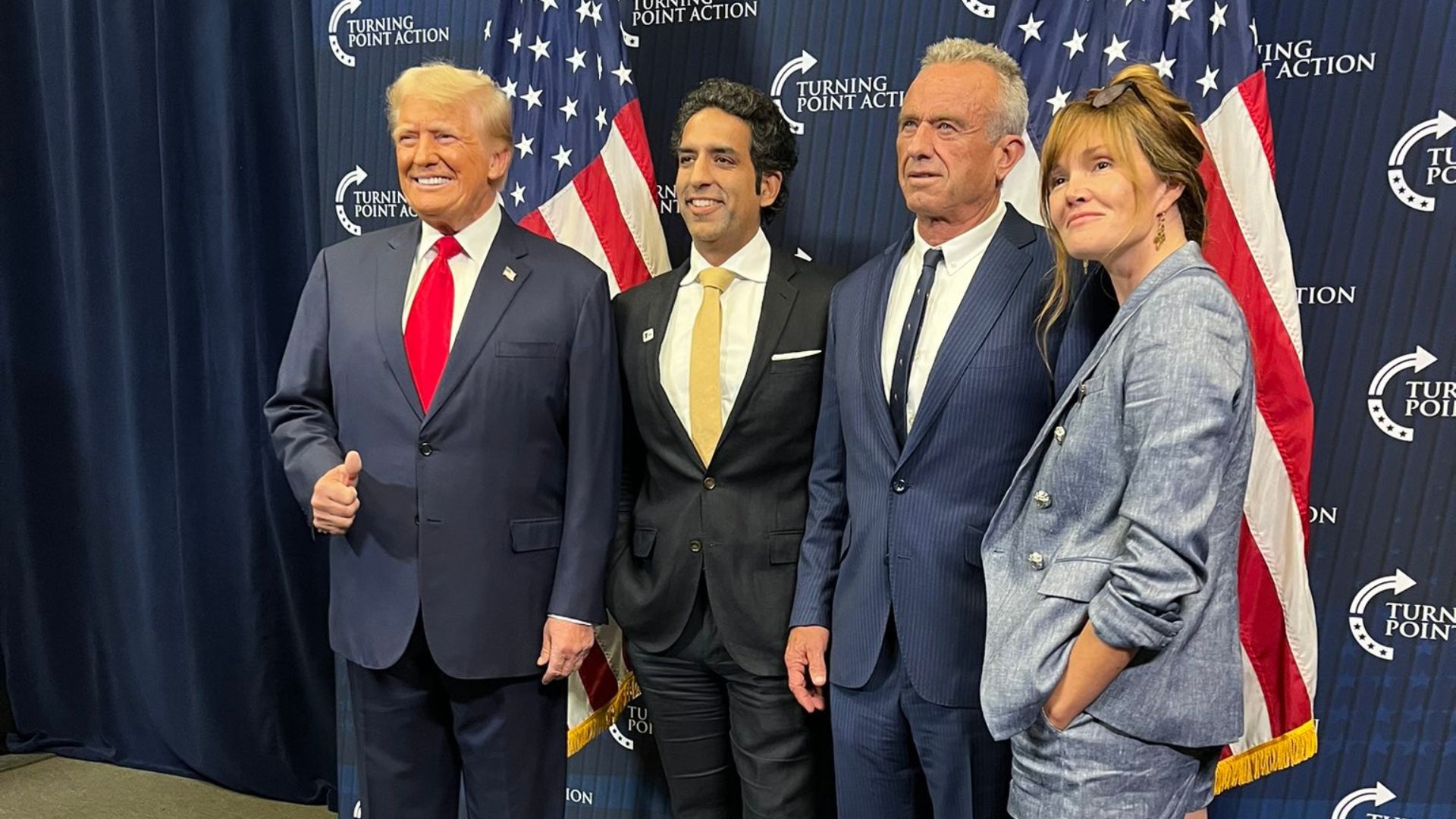
Omeed Malik, a Trump donor, suggested that Kennedy might be considered for a role in the health sector within Trump’s administration if elected.
Malik indicated, “I think the area of health is one,” suggesting that Kennedy’s controversial views on vaccines might not preclude him from such a position.
Trump’s Positive Remarks About Kennedy
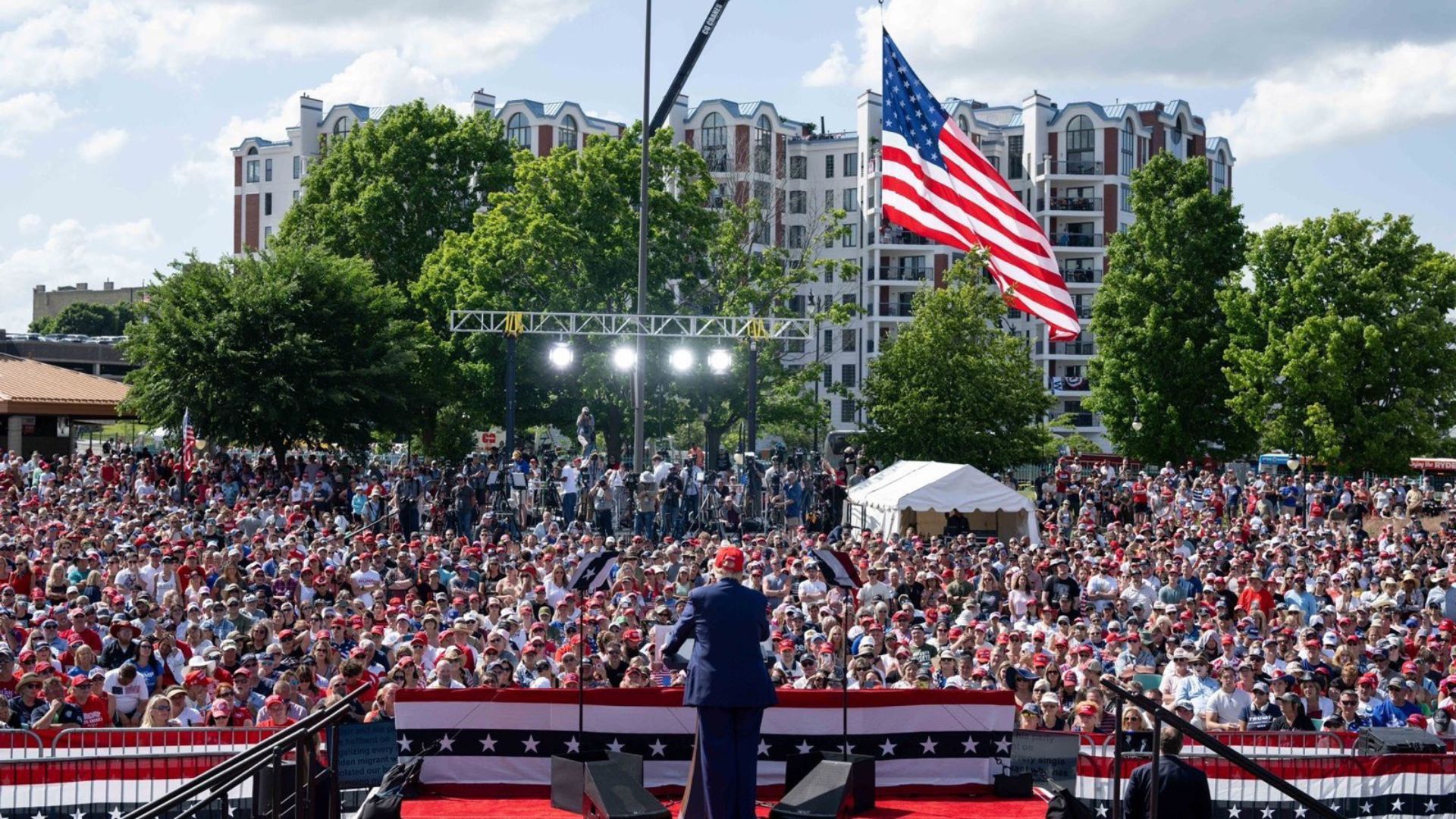
Before Kennedy’s formal endorsement, Trump praised him, saying, “I like him a lot. I respect him a lot,” when asked if he would consider Kennedy for a role in his administration.
Trump’s remarks highlighted his respect and potential consideration for Kennedy in a significant capacity.
Mutual Respect and Collaboration Potential
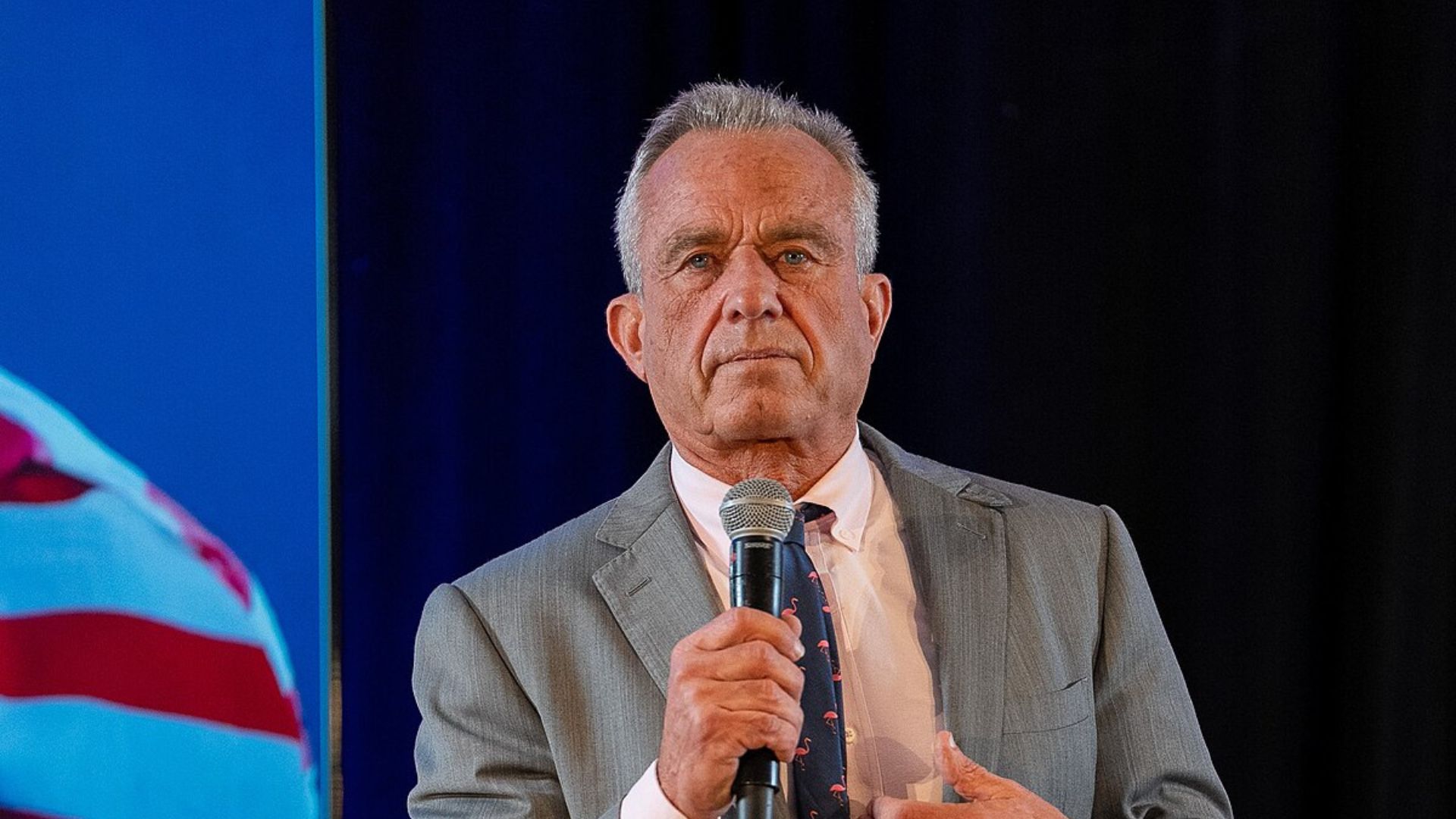
Despite their differing paths and ideologies, the interactions between Trump and Kennedy reveal a level of mutual respect and a potential for collaboration.
This relationship could significantly impact the political dynamics and policy-making should Trump return to office.
Changing Political Alliances and Future Implications
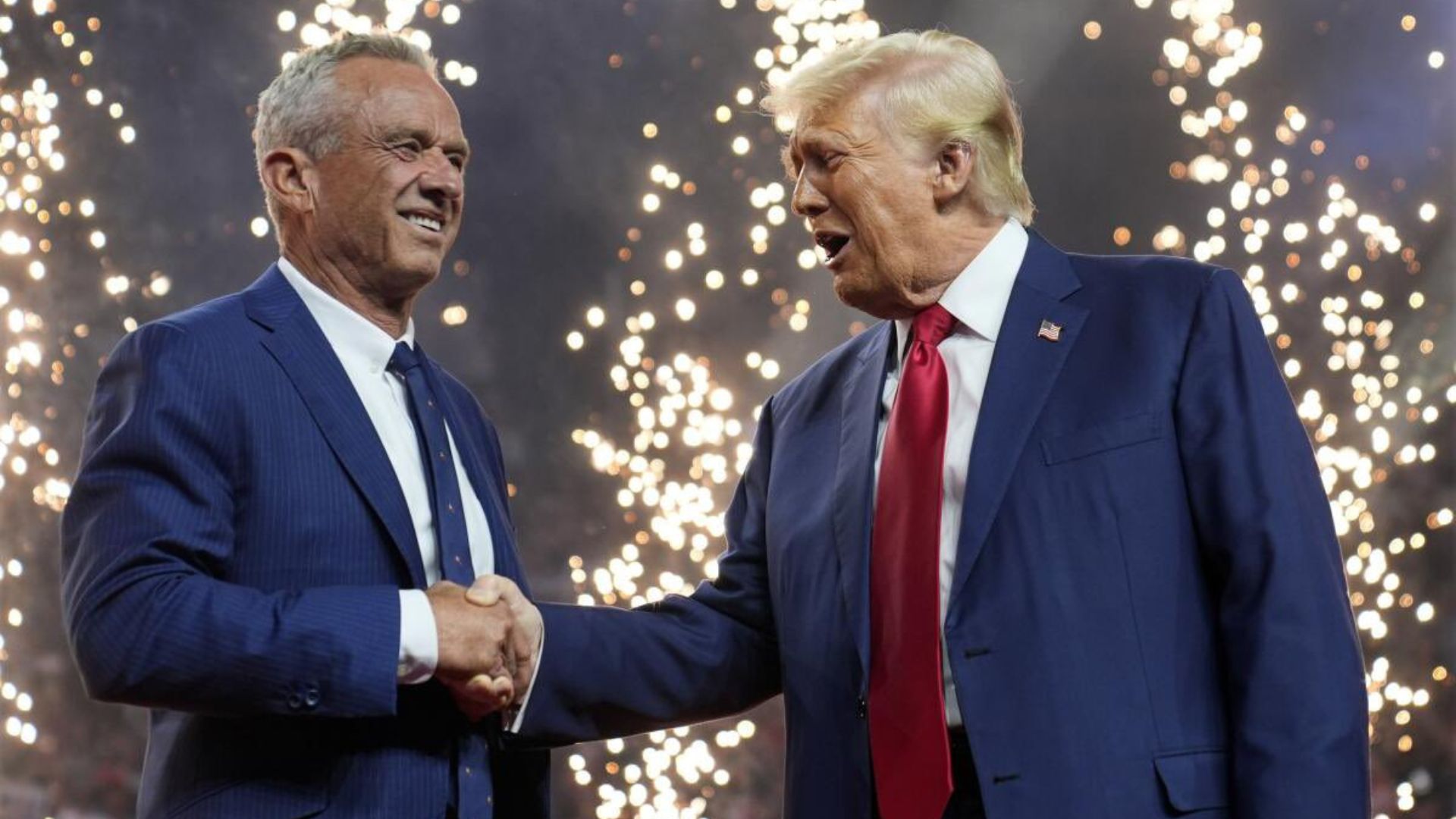
The shifting alliances between figures like Trump and Kennedy suggest a changing political landscape.
Such shifts could influence future policy directions and reshape the broader political dialogue in the United States, potentially affecting the next presidential term and beyond.
